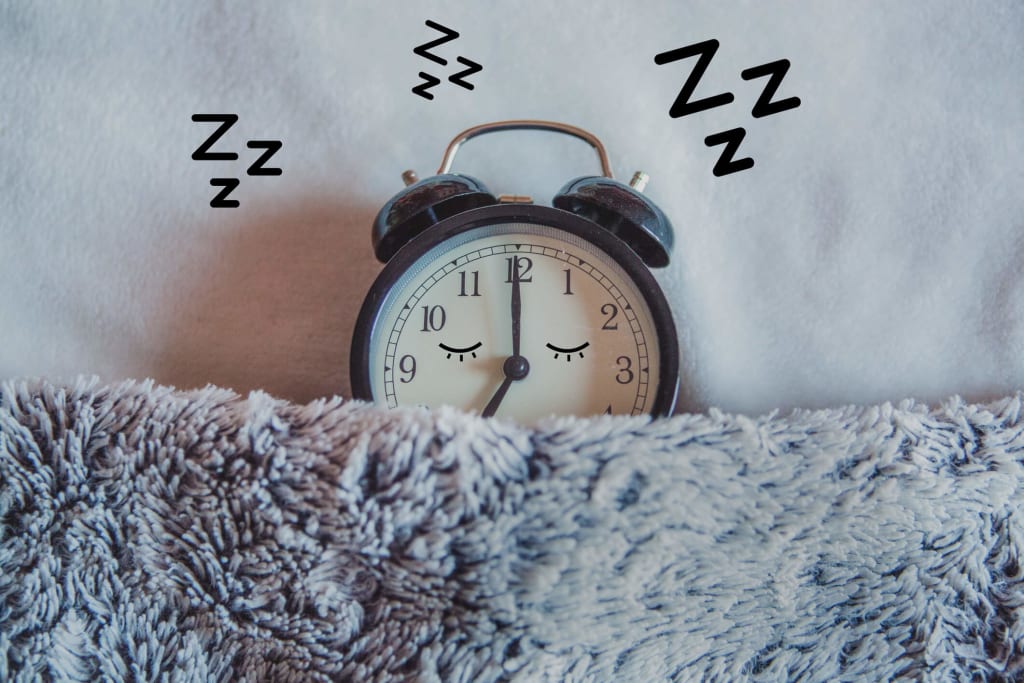IMPORTANCE OF SLEEP
Is 8 hours per night enough?

Sleep holds immense importance as a vital component of our survival. The inability to attain restful sleep can lead to a sense of desperation, driving us to seek assistance. However, in recent times, our preoccupation with sleep seems to have gained a heightened sense of urgency.
A brief online search about sleep reveals a plethora of articles centered around achieving the ideal slumber. From innovative devices and sophisticated alarm clocks to warnings about blue light exposure, a range of services, products, and guidance columns assert that our sleep habits are amiss. They address concerns about insufficient sleep, its quality, and even our sleeping positions. Adding to this, some alarming messages suggest that inadequate sleep might lead to a shorter lifespan and an increased risk of various illnesses.
A major concern surrounding our sleep revolves around the notion that obtaining less than 7 hours per night is detrimental to our well-being, potentially leading to health issues ranging from elevated blood pressure to Alzheimer's disease. However, there are two critical shortcomings within this type of communication.
• To begin, it's not entirely precise. Solely emphasizing the 7- to 8-hour range fails to acknowledge the variability in individuals' sleep requirements. The optimal duration of sleep can differ from person to person. For instance, while 8 hours might suit some adults, others may function perfectly well with 6 hours.
• The second drawback of such alarming communication is its potential to backfire, particularly for individuals grappling with sleep issues. For example, in 2019, approximately 21 percent of adults in the United States were utilizing sleep tracking devices—a number that is likely on the rise.
Observing the detailed breakdown of nightly sleep duration and identifying phases like deep sleep and dreaming is undeniably intriguing. However, the availability of extensive sleep data has triggered an obsession for certain individuals, to the extent that it has given rise to a phenomenon known as orthosomnia—a fixation on incessantly attaining flawless sleep. Ironically, this very preoccupation is exacerbating sleep-related issues.
While orthosomnia might represent an extreme instance, the apprehension about insufficient sleep is causing restlessness for a portion of the population. Consequently, experts have provided valuable insights. They advise against fixating solely on sleep durations, as this tendency can foster impractical sleep expectations. According to Dr. Colleen Carney, a psychologist who leads the Ryerson University Sleep Lab, it's more beneficial to focus on fundamental inquiries, which include:
a) Do I experience a reasonable level of daytime restfulness?
b) Do I typically enjoy uninterrupted sleep throughout the night?
c) If I wake up, am I able to return to sleep without difficulty?
d) Can I sustain wakefulness throughout the day without experiencing involuntary bouts of sleepiness?
If you respond affirmatively to all four questions, there's likely no need for concern regarding your sleep. Conversely, if you're encountering sleep difficulties, consider consulting your healthcare provider before resorting to costly blue light filters or extravagant sleep tracking devices. It's advisable to rule out any potential underlying medical conditions.
Following this, you can embrace the evidence-based suggestions outlined by the American Academy of Sleep Medicine. Notably, a remarkably effective approach known as Cognitive Behavioral Therapy for Insomnia (CBT-I) exists. This therapy doesn't entail medications and boasts a notably low rate of ineffectiveness.





Comments
There are no comments for this story
Be the first to respond and start the conversation.